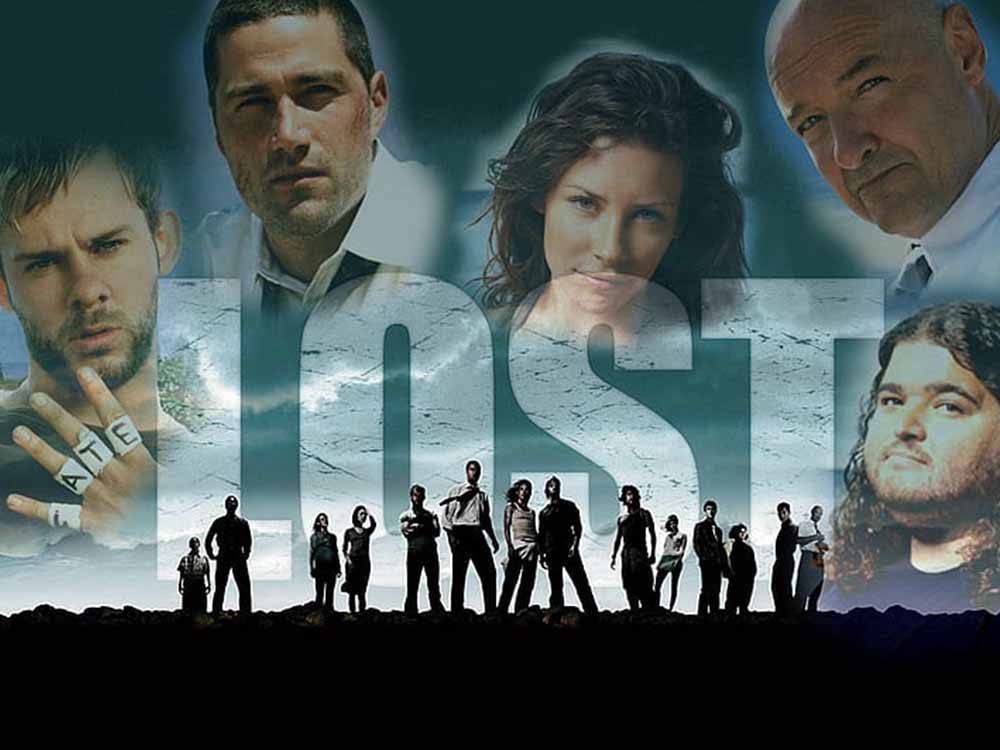Lost in 2008: Navigating the Island of Mystery and Character Arcs
“Lost,” the groundbreaking television series, continued to captivate audiences in 2008 during its fourth season. This exploration delves into the intricate plot developments, character arcs, thematic elements, and the impact of “Lost” on both television storytelling and its dedicated fanbase during this pivotal year.
Plot Developments and Island Mysteries
Time Travel and Flashforwards:
Season 4 of “Lost” introduced viewers to the complex concept of time travel. Flashforwards, a narrative device that showcased characters’ lives off the island, added a layer of mystery and intrigue to the overarching storyline. The revelation of “The Oceanic Six” and their struggles to readjust to life after the island became central to the plot.
The Freighter and The Others:
The arrival of the freighter, Kahana, brought a new group of characters and heightened tension to the island. The mysterious agenda of the freighter’s crew and their connections to the island’s past raised questions about the true nature of the Others and the island itself.
The Constant and Desmond’s Journey:
One of the standout episodes, “The Constant,” showcased Desmond’s time-traveling experiences and the importance of a constant to anchor oneself in the spacetime continuum. This episode not only deepened Desmond’s character but also explored the broader themes of love and destiny.
Character Arcs and Transformations
Jack Shephard’s Leadership Struggles:
Jack Shephard, the de facto leader, faced internal conflicts and struggles with leadership. His journey on the island and the challenges of being responsible for the survival of the group added layers to his character, showcasing the toll that leadership took on him.
John Locke’s Spiritual Odyssey:
John Locke’s spiritual journey continued in Season 4, with revelations about his destiny on the island. The conflict between fate and free will, as well as Locke’s unwavering faith, played a pivotal role in shaping the character’s arc.
Sawyer and Juliet’s Complex Relationship:
The dynamic between Sawyer and Juliet evolved as they navigated the challenges of island life. The complexities of their relationship, including the impact of past traumas, added emotional depth to the narrative.
Thematic Elements and Philosophical Undertones
Fate vs. Free Will:
The ongoing exploration of fate versus free will remained a central theme in Season 4. Characters grappled with the idea that their lives were intertwined with the island’s destiny, raising profound questions about the nature of choice and destiny.
Existential and Philosophical Inquiries:
“Lost” delved into existential and philosophical inquiries, with characters questioning the purpose of their existence and the mysteries surrounding the island. These contemplative elements added intellectual depth to the series.
Moral Ambiguity and Ethical Dilemmas:
The moral ambiguity of characters and the ethical dilemmas they faced were prevalent in Season 4. The choices made by the characters, often driven by survival instincts, blurred the lines between right and wrong.
Impact on Television Storytelling and Fan Engagement
Innovative Narrative Techniques:
“Lost” continued to push the boundaries of television storytelling with its innovative narrative techniques, including non-linear timelines, flashforwards, and character-centric episodes. The series’ willingness to experiment with structure set a new standard for serialized storytelling.
Dedicated Fanbase and Fan Theories:
The “Lost” fanbase remained dedicated and engaged, with viewers actively participating in discussions and creating elaborate theories to decipher the island’s mysteries. The series’ ability to spark community engagement and speculation contributed to its cultural impact.
Legacy in Serialized Television:
“Lost” left an enduring legacy in the landscape of serialized television. Its influence on subsequent series, particularly in terms of complex narratives, character development, and the blending of genres, is evident in the evolution of television storytelling.
In conclusion, “Lost” in 2008 continued to weave a tapestry of mystery, character exploration, and philosophical depth. The fourth season added layers to the island’s enigma, further developed key characters, and left an indelible mark on the television landscape. The innovative storytelling techniques, thematic richness, and fan engagement elevated “Lost” beyond a conventional TV series, solidifying its place in the annals of television history.











